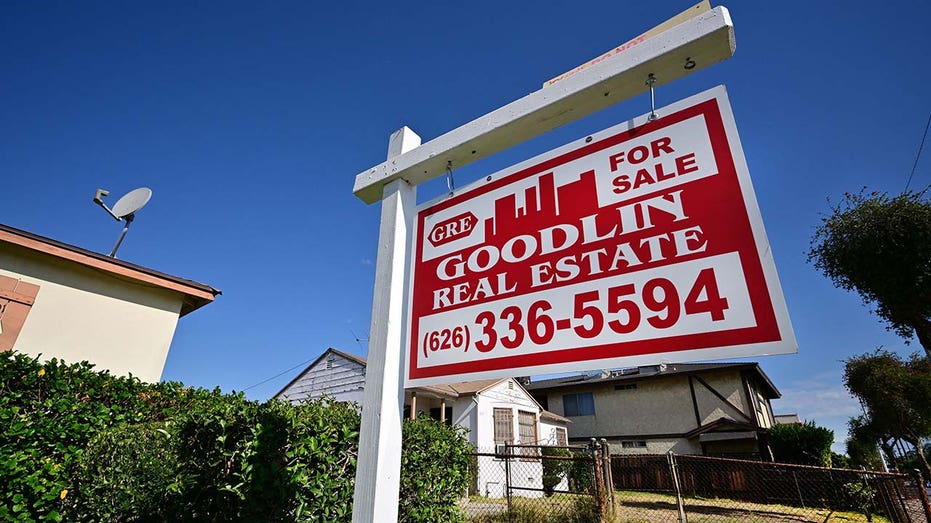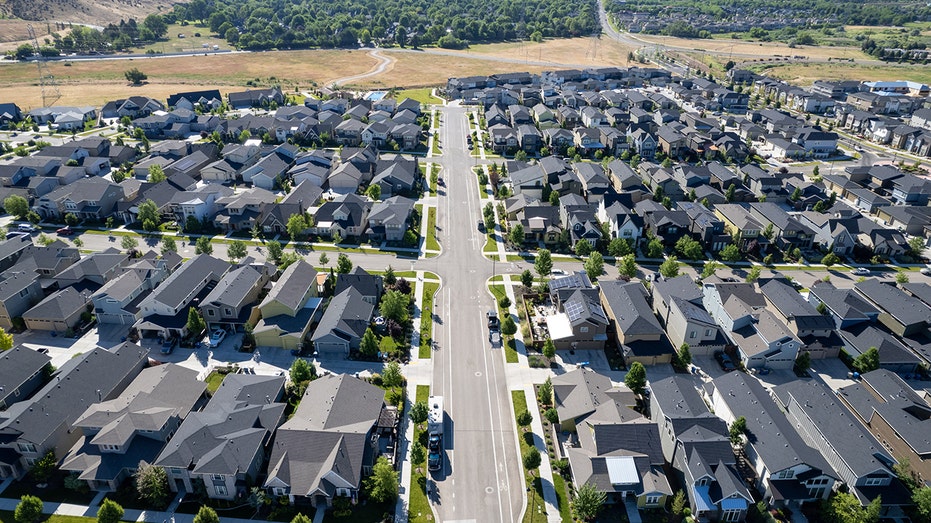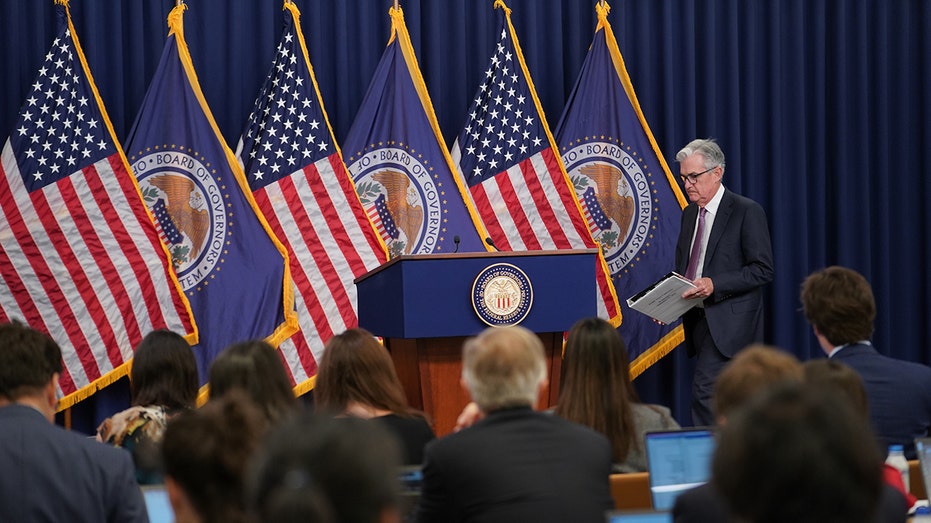Mortgage rates could soon top 7% as Fed fights inflation
Housing shortages, higher interest rates could push mortgage rates above 7%
What is the Fed's termination rate?
Main Street Asset Management CIO Erin Gibbs and Macro Trends Advisors founding partner Mitch Roschelle discuss how high the Fed will raise rates before they pivot on 'Cavuto: Coast to Coast.'
The average interest rate on the most popular U.S. home loan could soon climb above 7%, hitting the highest level since the early 2000s, according to Bank of America strategists.
In an analyst note obtained by FOX Business, the bank's economists predicted that borrowing costs will continue rising as a result of the Federal Reserve's war on inflation and a worsening housing shortage.
Although the Fed has already sent the housing market into a recession with the most aggressive interest rate hikes in decades, mortgage rates have repeatedly marched higher.
The average rate for a 30-year fixed mortgage surged to 6.29% for the week ending Sept. 22 after the most recent Fed rate hike, according to recent data from mortgage lender Freddie Mac. That is significantly higher than just one year ago when rates stood at 2.88%.
HOW HOUSING IS FUELING RED-HOT INFLATION

For Sale sign posted in front of a property in Monterey Park, Calif., August 16, 2022. (Photo by FREDERIC J. BROWN/AFP via Getty Images / Getty Images)
Housing accounts for roughly one-third of the Labor Department's consumer price index — a concerning development because shelter costs have shown no signs of slowing down. In August, shelter cost sped up again, climbing 0.7% from the previous month and 6.2% from the previous year, the fastest pace since February 1991.
"The Fed's inflation-fighting problem is arguably getting worse," said Chris Flanagan, a managing director at BofA and the head of U.S. mortgage and structure finance research.

Houses in the Harris Ranch community of Boise, Idaho, Fri., July 1, 2022. The housing market slowdown is having ripple effects across the industry and mortgage lenders are forecasting a slump in business. (Jeremy Erickson/Bloomberg via Getty Images / Getty Images)
With rent and housing costs still soaring, the Fed will have no choice but to raise interest rates even higher, Flanagan said.
US HOME PRICE GROWTH COOLED IN JULY AT FASTEST PACE SINCE 1980S
That, in turn, has fueled an increase in owners' equivalent rent — a data point that measures how much homeowners would pay in rent if they had not bought their home — as steeper borrowing costs combined with already high home prices push potential buyers out of the market.
The owners' equivalent rent is likely to remain a problem for central bankers, particularly with the rental vacancy rate at 5.6% — the lowest since 1984, according to the BofA strategists.

Jerome Powell, Federal Reserve chair, arrives to speak during a news conference following a Federal Open Market Committee (FOMC) meeting in Washington, D.C., Wed., Sept 21, 2022. (Photographer: Sarah Silbiger/Bloomberg via Getty Images / Getty Images)
"There is no quick fix to the supply problem. The main ‘solution’ available to the Fed is to crush demand, which means crushing employment," Flanagan wrote. "The Fed has been slow and reluctant to embrace this solution but, as this week's BofA Economics upward rate hike forecast revisions suggest, it's getting there."
The interest rate sensitive housing market has started to cool noticeably in recent months as the Federal Reserve moves to tighten policy at the fastest pace in three decades in order to cool consumer demand and bring scorching-hot inflation under control.
GET FOX BUSINESS ON THE GO BY CLICKING HERE
Pending home sales sagged for the third straight month in August, down 2% from July, according to the National Association of Realtors.
"The direction of mortgage rates — upward or downward — is the prime mover for home buying, and decade-high rates have deeply cut into contract signings," said NAR Chief Economist Lawrence Yun.
Policymakers already lifted the benchmark federal funds rate five consecutive times — including three back-to-back 75-basis-point increases — and have signaled that more increases are likely.
Fed Chairman Jerome Powell said last week that the housing market will likely need "to go through a correction to get back to better balance."





















